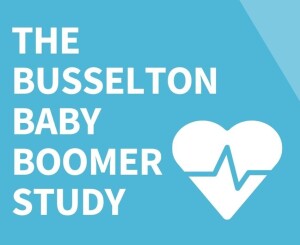Vitamin D and Cognitive Ageing
Janis Harse is a Busselton resident and UWA PhD candidate completing a thesis using Busselton Health Study Data. Janis has compiled a short summary of her thesis: Vitamin D and Cognitive Ageing: An Epidemiological Approach to Emerging Themes
Data from the Busselton Healthy Ageing Study (BHAS) is being used in research investigating whether vitamin D status affects our brain health and cognitive ability as we age.
The vitamin D status of BHAS participants was measured from blood samples provided at initial survey centre visits, between 2010 and 2016. Participants also had their cognitive function assessed, both overall and in areas such as memory and attention.
The UWA researchers have checked for a relationship between vitamin D status and cognitive function in BHAS participants, while also considering other factors such as their age, gender, level of education, and physical activity. They found that those with below average vitamin D were more likely to have slightly lower levels of attention, compared with those with higher vitamin D. Women with below average vitamin D were also more likely to have lower overall cognitive function, although the difference was very small. Interestingly, men with below average vitamin D were more likely to have slightly better overall cognitive function than those with higher vitamin D. No differences were found with respect to vitamin D status and memory.
While the results suggest a possible link between vitamin D status and cognitive function, the nature of the relationship is not clear. The next step in the research is to look at whether the cognitive abilities of BHAS participants have changed over the five years to the Busselton Baby Boomer Study (2016 to 2021), and whether this was related to their vitamin D status.






